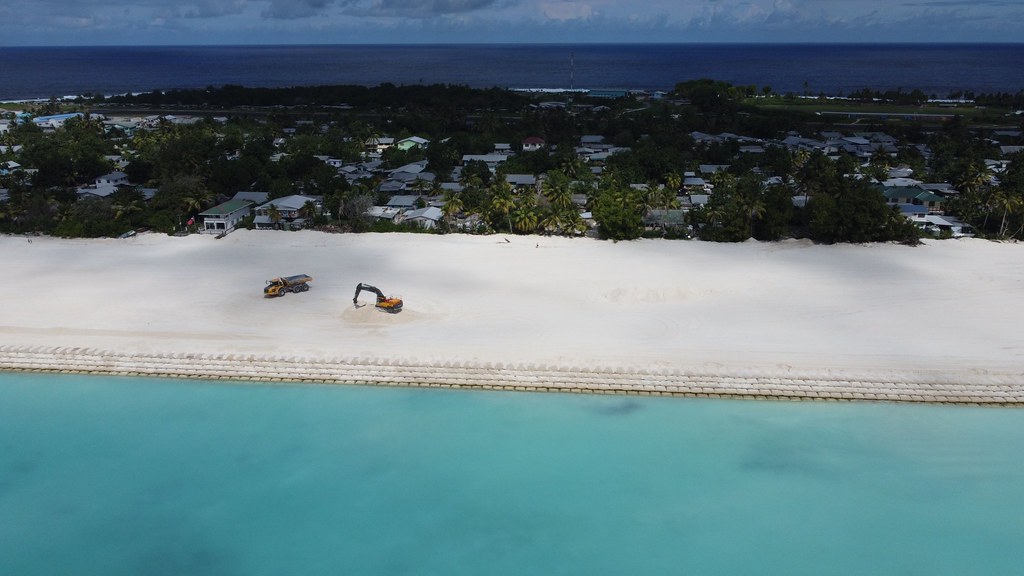The oceans are not only the source of life on Earth, they still host over half of all life on our blue planet. Unfortunately, that half does not include humans. Right now, we only use the oceans to extract resources, transport goods, and have the occasional awesome party with 1,000 entrepreneurs. As Robert Ballard, discoverer of the Titanic, pointed out in his TED Talk, it’s crazy that we have better maps of Mars than we do of our own oceans – which are 55,000,000 kilometers closer.
Frontiers have always been critical to humanity. For example, the historian Frederick Turner believed that the unique character of America stemmed from its long years as a frontier, where rugged individuals struggled for self-sufficiency. But we have run out of frontier. All land on Earth is claimed, mapped, and even the summit of Everest is visited frequently. Space travel requires many decades more of technological development before it will enable life to become interplanetary. The oceans are the next frontier.
The lack of development of our next frontier is the greatest issue for the oceans and for humanity, and settling the oceans would have enormous benefits to both. Unlike on land, where species struggle to divide up the surface area, our oceans are three-dimensional volumes, which means there is plenty of room for all species to coexist. On land, the most diverse ecosystems are the rainforests, which extend hundreds of feet into the third dimension – far less than the oceans, which extend for depths of as much as tens of thousands of feet.
Developing the ocean frontier would benefit humanity by allowing civilization to advance to the next level. After all, innovation requires experimentation: to find better ways to live together, we need to try new ones. Right now, however, there is no place for legal, economic, or political experiments. Sure, politicians can make little changes to complicated existing systems, but there is no way for small groups of entrepreneurs to create startup countries from scratch to prototype the systems of tomorrow. If we could live on the oceans, they would become a startup sector for government, where numerous innovative city-states served as beta tests of new ways to live together.
Having permanent residents on the ocean would also lead to greater conservation of the oceans, and more people fighting against ocean pollution. Right now, few people care about conserving the oceans the way they care about conserving their forests and rivers, because the oceans are distant and foreign. Communities on the ocean would care deeply about pollution in what is essentially their own backyard, and would be the most powerful lobby to defend the oceans.
My organization, The Seasteading Institute, exists to fill this need, so that humanity & the oceans can benefit from a deeper collaboration.
